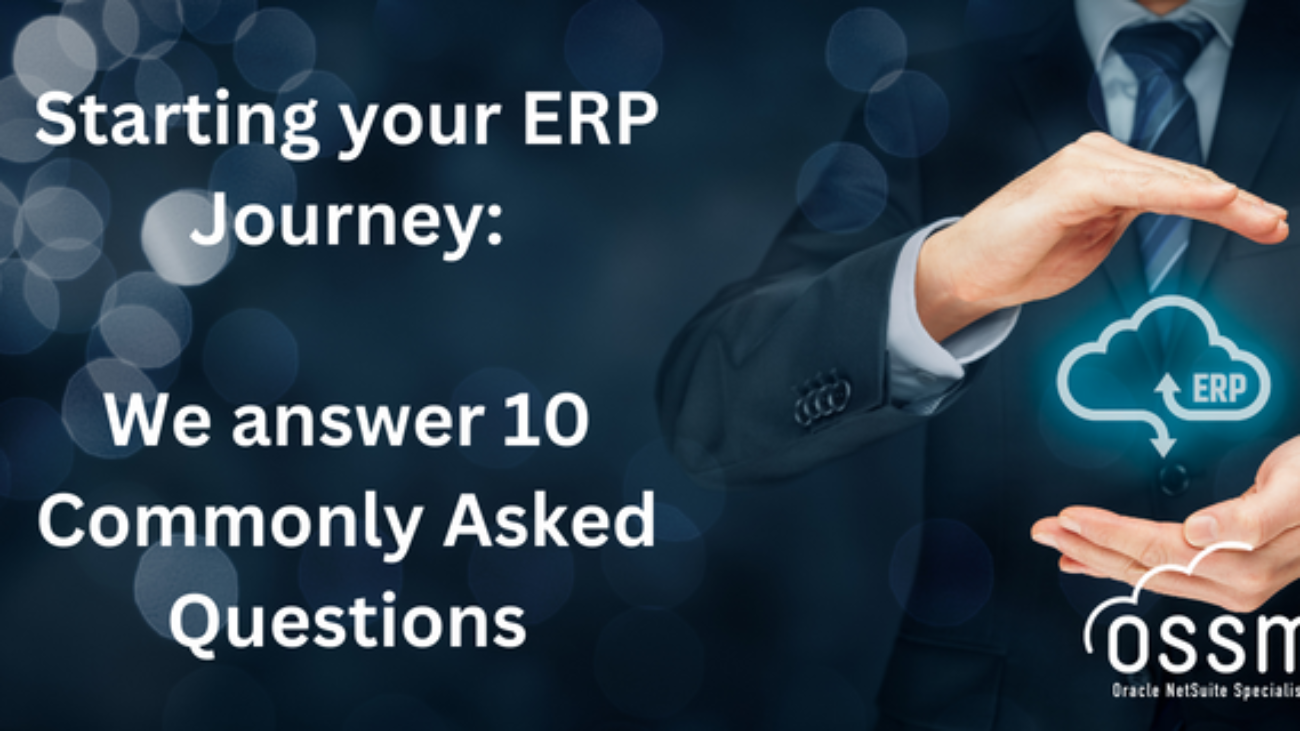
- NetSuite ERP
- NetSuite Solutions
- NetSuite ERP Partners
Scaling your business is a transformative step towards achieving sustainable growth and enhanced profitability. When you strategically expand your business operations, you open your organisation up to a wide range of benefits including economies of scale, greater brand recognition and increased market share.
No matter the size or stage of your business, scaling encourages innovation, attracting top-tier talent and elevating your organisation into a formidable industry player. As you continue to expand, the potential for increased revenue becomes substantial too. Ultimately, embracing scalability both future-proofs your business and unlocks opportunities for diversification. In this blog post, we have explored seven top strategies for scaling your business and elevating it to the next level.
1. Going International
Expanding internationally is a logical progression for a business demonstrating product-market fit and success in its home market. Venturing into global markets, however, poses challenges. If international expansion is on the agenda, then it’s important for a business to ask key questions about currency conversion, transaction consolidation, shipping options and costs, taxation (like EU VAT), and compliance with local regulations such as GDPR.
Adopting NetSuite OneWorld is an effective strategy to streamline your operations across multiple countries and currencies. It can enable your organisation to evolve into a global player, facilitating the transition from local to global operations.
NetSuite OneWorld enables businesses to manage multiple subsidiaries, business units and legal entities from just one ERP solution. It supports 27 languages and 190 currencies, so it’s simple to work with customers and suppliers around the globe. With country-specific configurations, you can ensure compliance with local accounting, tax and regulatory requirements too.
2. Building Processes that Scale
Achieving rapid growth necessitates a shift in operational processes to accommodate increased sales, customers and staff. For example, when a distribution business experiences accelerated success, it can lead to a surge in daily orders and the need for a larger warehouse. When this occurs, the old way of doing things simply doesn’t work anymore.
Manually downloading orders and using spreadsheets to track inventory is no longer possible. As a result, there is a need for consolidation and automation. This is where NetSuite’s solution comes into play. With this cloud-based software, a rapidly growing retailer can stay on top of all financials, inventory, order management, e-commerce and advanced analytics in one solution.
Steps can be automated in the order-to-cash and procure-to-pay processes. And, connecting sales, inventory and financials can provide valuable insights into the relationship between these core business drivers. All in all, businesses that grow rapidly need to invest in tools that provide them with real-time, comprehensive data and automation.
3. Expanding Product & Service Offerings
Expanding product and service offerings is another proven growth strategy. When executed correctly, it effectively meets current customer needs and attracts new clientele. Possible diversification avenues include exploring adjacencies, adding capabilities to existing offerings or introducing related products/services.
A hybrid approach, integrating services with products (or vice versa), can enhance revenue streams and stabilise cash flows. Another noteworthy trend is the rise of “second engine” or “engine 2” growth, where investment in a second core business leverages assets from the initial core to drive expansion.
If your business is contemplating product expansion, it’s crucial to ask questions about the problem solved for customers and why it persists, the current market and the advantages offered, who your competitors are, your organisational readiness, and how you’re going to measure successful product or service expansion.
4. Acquiring & Integrating Businesses
The fourth strategy, acquiring and integrating businesses, can pose critical challenges and opportunities for fast-growing companies. While acquisitions offer avenues for growth, they also entail risks and complexities in blending products, cultures, systems and business models. Leaders facing such decisions must carefully consider factors like deal pricing and the level of integration between the acquiring and acquired entities.
Approaches to integration vary, with some businesses tightly blending operations and others maintaining a more independent structure. Key questions to ask include the acquired company’s values, the extent of operational and data integration, and areas for mutual learning.
5. Prioritising Education Around Technology
Technology can play a pivotal role in fostering business growth. But, to achieve this, it’s important for companies to emphasise the need for comprehensive employee training on their technological systems. Effectively upskilling or reskilling the workforce has a hugely positive impact on innovation, productivity and market competitiveness.
A Deloitte survey in 2022 highlighted that organisations fostering a strong learning culture were significantly more likely to innovate, be productive and lead in product/service launches. NetSuite can address this challenge with NetSuite Learning Cloud Support (LCS), which offers continuous education to enhance users’ proficiency in the NetSuite system.
6. Tapping Private Equity or Venture Capital Investment
Entering the world of private equity or venture capital investment is a significant shift for CFOs and their companies, with growth taking centre stage. Despite a recognised need to turn data into actionable insights, a report by Accordion reveals a gap in CFOs’ ability, with only 17% deemed excellent in this area.
However, 80% of investors acknowledge CFOs’ effectiveness in using value levers for robust growth. CFOs are urged to play a larger role in identifying growth opportunities, aligning with investor priorities, emphasising key performance indicators (KPIs) and providing reliable data.
Strategic and operational enhancements, supported by unified data systems like NetSuite OneWorld, are crucial for maximising private equity returns in 2024. The focus lies in balancing cost-cutting and fuelling future growth to navigate the evolving exit market landscape.
7. Divesting to Reinvest
Lastly, leadership teams can strategically divest non-core segments to drive long-term growth. This is a move synonymous with “rightsizing” and rather than being solely about reducing costs, it’s about refining focus, structure and product mix for future success.
Bain & Company’s study of 2,100 public companies reveals that those engaging in focused divestment outperformed inactive counterparts by 15% over a decade. Essential divestment questions surround your strategic goals, the financial benefits, market favourability, deal specifics and robust data management during due diligence.
Speak to a Trusted NetSuite ERP Partner Today
At OSSM, we are a leading NetSuite partner based in Ireland, offering a comprehensive suite of NetSuite software solutions, including industry-specific software and robust reporting tools. Alongside our expertise, these solutions aim to revolutionise business capabilities. We enhance informed decision-making through the world’s leading cloud ERP software.
Our groundbreaking solutions cover financial management, inventory management, manufacturing, order processing and field service management. This empowers businesses to oversee operations in real time within a unified cloud-based platform. We are committed to efficiently and cost-effectively implementing the globally adopted NetSuite ERP system, ensuring transformative benefits for businesses.
On March 20th, we hosted a webinar discussing ways in which you can scale your business with NetSuite.
The webinar delivered valuable insights for businesses looking for a new Finance/ERP system to accommodate their expansion plans or are currently using NetSuite and wish to collaborate with a local solution provider.
See the link to the webinar: https://youtu.be/wzo2EdAnFGg





